Even in Antarctica — one of the most remote and desolate places on Earth — scientists say they are finding shattered temperature records and an increase in the size and number of wacky weather events.
The southernmost continent is not isolated from the extreme weather associated with human-caused climate change, according to a new paper in Frontiers in Environmental Science that tries to make a coherent picture of a place that has been a climate change oddball. Its western end and especially its peninsula have seen dramatic ice sheet melt that threatens massive sea level rises over the next few centuries, while the eastern side has at times gained ice. One western glacier is melting so fast that scientists have nicknamed it the Doomsday Glacier and there’s an international effort trying to figure out what’s happening to it. And Antarctic sea ice veered from record high to shocking amounts far lower than ever seen.
What follows if the trend continues, a likely result if humans fail to curb emissions, will be a cascade of consequences from disappearing coastlines to increased global warming hastened by dramatic losses of a major source of sunlight-reflecting ice. That's something scientists have long been watching and are even more concerned about now.
“A changing Antarctica is bad news for our planet,” said Martin Siegert, a glaciologist, professor of geosciences at University of Exeter and lead author on the paper.
Siegert said he and his team wanted to understand more about the causes of extreme events, and whether more of those events would happen as a result of burning fossil fuels, so the team synthesized research on a wide range of topics including atmosphere and weather patterns, sea ice, land ice and ice shelves and marine and land biology. The study found climate change extremes are getting worse in a place that once seemed slightly shielded from global warming’s wildness. The continent “is not a static giant frozen in time,” they said, but instead feels climate change’s wrath and extremes “sporadically and unpredictably.”
Anna Hogg, a co-author on the paper and professor at the University of Leeds, said that their work illustrates complex and connected changes between the ice, ocean and air. “Once you’ve made a big change, it can then be really hard to sort of turn that around,” she said.
And it's a change with links to human activity. “This is indeed a strong signature of climate change,” Helen Fricker, a professor of geophysics with the Scripps Institution of Oceanography at the University of California, San Diego who was not involved with the study, said in an email. “It’s not good.”
Siegert and Hogg's team looked at several factors including heat waves, loss of sea ice, collapse of ice shelves and impacts on biodiversity. Siegert described last year's heat wave in Antarctica, which brought research station thermometers to a whopping 38 degrees Celsius (70 degrees Fahrenheit) above normal temperatures. Hogg said that sea ice is at an all time low, a major cause for concern: In the Antarctic, the July average for sea ice extent fell below previous low set in 2022. And ice shelves, which can be the size of several large buildings, are also under threat as they melt and eventually collapse.
Sea ice and ice shelves work like a cork in a bottle, holding back glaciers that would otherwise rush into the ocean. When they disappear, glaciers flow many times faster. What's more, the disappearance of large swaths of ice accelerates warming like swapping a white T-shirt for a black one on a hot summer day — replace ice with land or water, and suddenly the earth is absorbing the sun's rays rather than reflecting them.
The topic of extremes “is with us more frequently and will be with us even more frequently in the future,” said Peter Schlosser, vice president and vice provost of the Global Futures Laboratory at Arizona State University not involved with the research. Systems like Antarctica are extreme by nature, but that doesn't mean they're not vulnerable, he added — they're highly susceptible to small changes.
“I'm not an alarmist, but what we see is alarming,” said Waleed Abdalati, an environmental researcher at the University of Colorado not involved with the study. He said that extreme events are one thing, but when superimposed on a trend — a trend of global warming that heightens those extreme events — that's a cause for concern. “We can handle events,” he added, “but we can't handle a steady increase of those destructive events.”
That's something climate scientists say we'll need to prepare for, by continuing to reduce greenhouse gas emissions while introducing adaptation measures for sea level rise and extreme weather around the world.
“We've been saying this for 30 years,” said Ted Scambos, an ice scientist at the University of Colorado whose paper from 2000 was cited in Siegert and Hogg's article. “I'm not surprised, I'm disappointed. I wish we were taking action faster."
© Copyright 2023 The Associated Press. All rights reserved. This material may not be published, broadcast, rewritten or redistributed without permission.
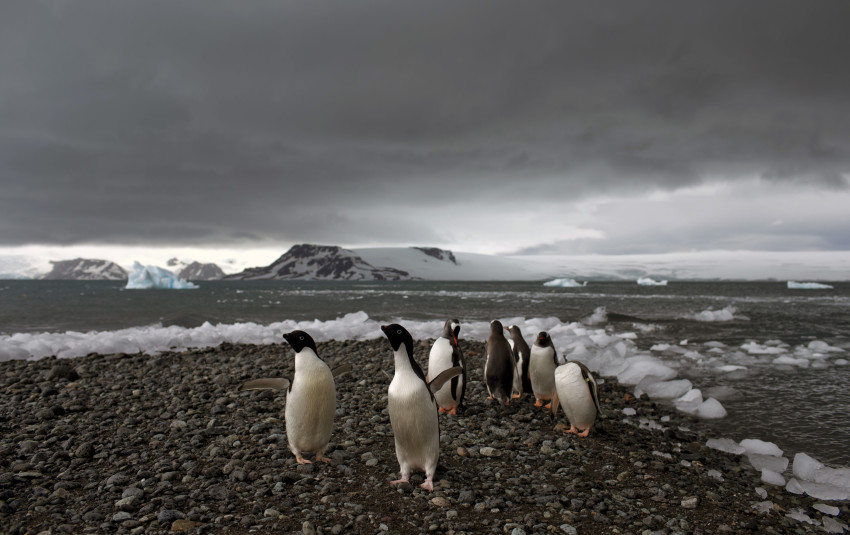








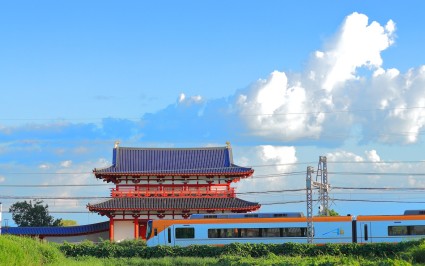
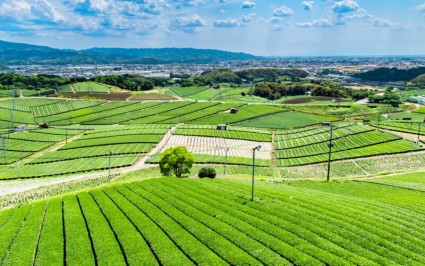
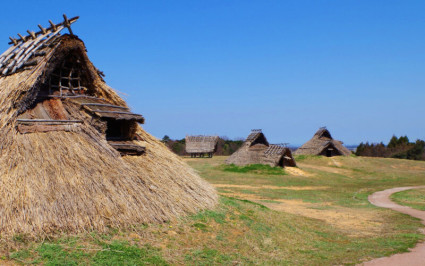
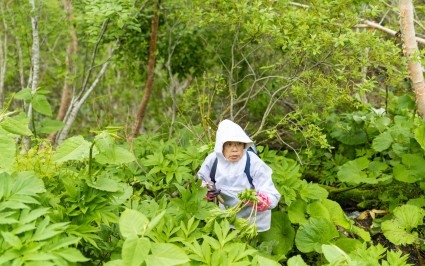


10 Comments
Login to comment
virusrex
And people still get surprised when scientists get involved in activism against climate change. Decades of proving the risks scientifically just for some people with hidden interests being able to mislead a lot of the public to believe there is nothing to fear or nothing to do against it.
Snuggles
Even frozen Antarctica is being walloped by climate extremes, scientists find
And then there are scientists with opposing views.
virusrex
I could not find any reference where a scientist expressed an opposing view, at all.
virusrex
From your own reference
Curry’s saga began with a Science paper she co-authored in 2005, which linked an increase in powerful tropical cyclones to global warming
So it is important to emphasize that nothing she encountered led her to question the science; she still has no doubt that the planet is warming, that human-generated greenhouse gases, including carbon dioxide, are in large part to blame, or that the plausible worst-case scenario could be catastrophic. She does not believe that the Climategate e-mails are evidence of fraud or that the IPCC is some kind of grand international conspiracy.
This is not an expert expressing an opposing view as you said. In fact the reference supports completely the article you are commenting in.
Roy Sophveason
That is one heck of a weird sentence, and it isn't even clear what the author wants it to say. Only in the context of the rest of the article, and assuming that the author full well knows what a confidence interval is, one must conclude that he is arguing in bad faith, pandering to the sensibilities of a statistically illiterate audience.
Sven Asai
A bad propaganda sample for proving the phrase 'human-caused'. Geographically, the next human populations or significant economic and industrial activities are thousands of miles away, in fact they are even a whole hemisphere away. lol
virusrex
Are you under the impression the industrial activity have only a local effect? that makes absolutely no sense. Climate change is a global phenomenon caused by the whole of the human activity, with variate effects around the whole planet, it is irrelevant how close or far from human populations the problems appear, as long as they are in our planet it they can be related to human activity derived climate change.
socrateos
According to data from NASA's satelites ("GRACE" and its follow-on):
https://climate.nasa.gov/vital-signs/ice-sheets/
ANTARCTIA
2002 - base
2004 - 488.0Gt loss
2008 - 727.0Gt loss
2012 - 1148.5Gt loss
2016 - 1930.4Gt loss
2020 - 2777.2Gt loss
GREENLAND
2002 - base
2004 - 378.3Gt loss
2008 - 1346.0Gt loss
2012 - 2718.1Gt loss
2016 - 3741.9Gt loss
2020 - 4793.8Gt loss
Ah_so
People sometimes suggest that those who are climate change sceptics are ignorant about the science, are intellectually lazy and simply reach out for the easiest argument that would support their view, even if it is clearly gibberish.
But putting that aside, your "I've sheets are a long way from industrial activity" is not an argument I've heard before. I would love to see the research that suggests that global climate change is a purely local phenomenon.
Mie Fox
And according to scientists :
https://norwegianscitechnews.com/2023/04/the-ice-in-antarctica-has-melted-before/
https://news.sky.com/story/greenland-may-have-been-green-and-ice-free-416-000-years-ago-12924566